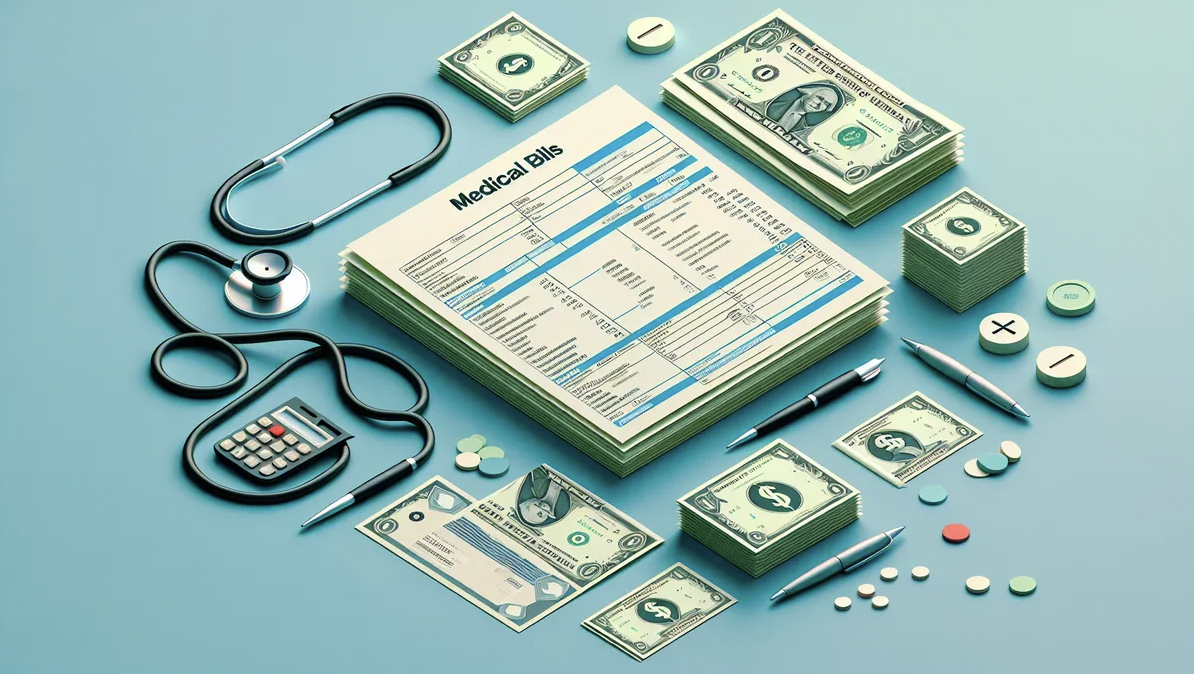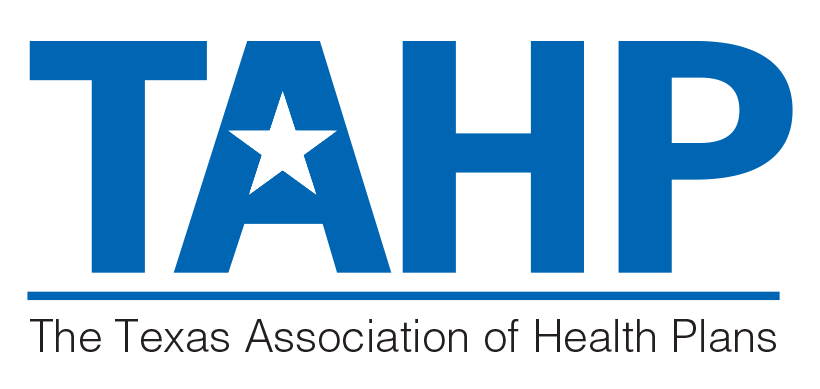
Good News: The No Surprises Act Protects Consumers from Over 10M Surprise Bills
Complete Coverage

By: TAHP | Friday, February 2, 2024
What’s new: A recent AHIP and Blue Cross Blue Shield Association survey reveals the No Surprises Act (NSA) has prevented over 10 million surprise medical bills in the first nine months of 2023 alone.
Why it matters: The results of the AHIP-BCBSA survey demonstrate how many consumers have benefitted from the No Surprises Act, receiving relief from the financial burden of unexpected medical bills.
- Although provider groups have continued to sue to over the rules to implement the new law, patients have been protected along the way.
The backstory on surprise bills:
- Surprise balance bills happen when patients can’t avoid treatment from out-of-network physicians, hospitals, and other providers.
- When a health care provider is out-of-network, there’s no contract with the health plan and sometimes patients get sent an extra “surprise bill” from their doctor or hospital.
- Examples include emergency room care but also planned procedures when, for example, the anesthesiologist or an assistant surgeon shows up and is out-of-network.
Texas took the lead: Lawmakers in our state rightly recognized that when patients are powerless and lack the chance to choose their health care provider they shouldn’t be saddled with unfair surprise bills from health care providers.
- In 2019, the Texas Legislature passed SB 1264 protecting patients from surprise medical bills in emergencies and situations where they couldn’t select the provider.
- These protections covered about 20% of Texans who are in state-regulated health insurance plans.
- Enter the No Surprises Act: On Jan. 1, 2022, the federal law took effect protecting patients in situations where state regulations don’t apply.
Key findings from the latest report:
- The NSA is protecting patients from about 1 million surprise bills per month.
- A majority of insurers report expanded networks of providers since the NSA’s enactment, meaning the law is working as advocates originally intended—encouraging providers and insurers to make in-network agreements.
- While legal challenges have held up processing claims under the law’s independent dispute resolution (IDR) process, once processed most of those claims are settled through an initial payment from the insurer.
In the Lone Star State: Avoiding millions of surprise bills is a huge accomplishment and a combination of the state’s law and the federal No Surprises Act are protecting patients, a massive accomplishment.
Stay updated on the latest TAHP news

Articles written by TAHP’s team of policy experts that examine the research, trends, and impact of the most important health care policy issues facing Texas and the country today.

Weekly news clips assembled by the TAHP team that highlight the top headlines from the health insurance and health care worlds, as well as important political updates.
